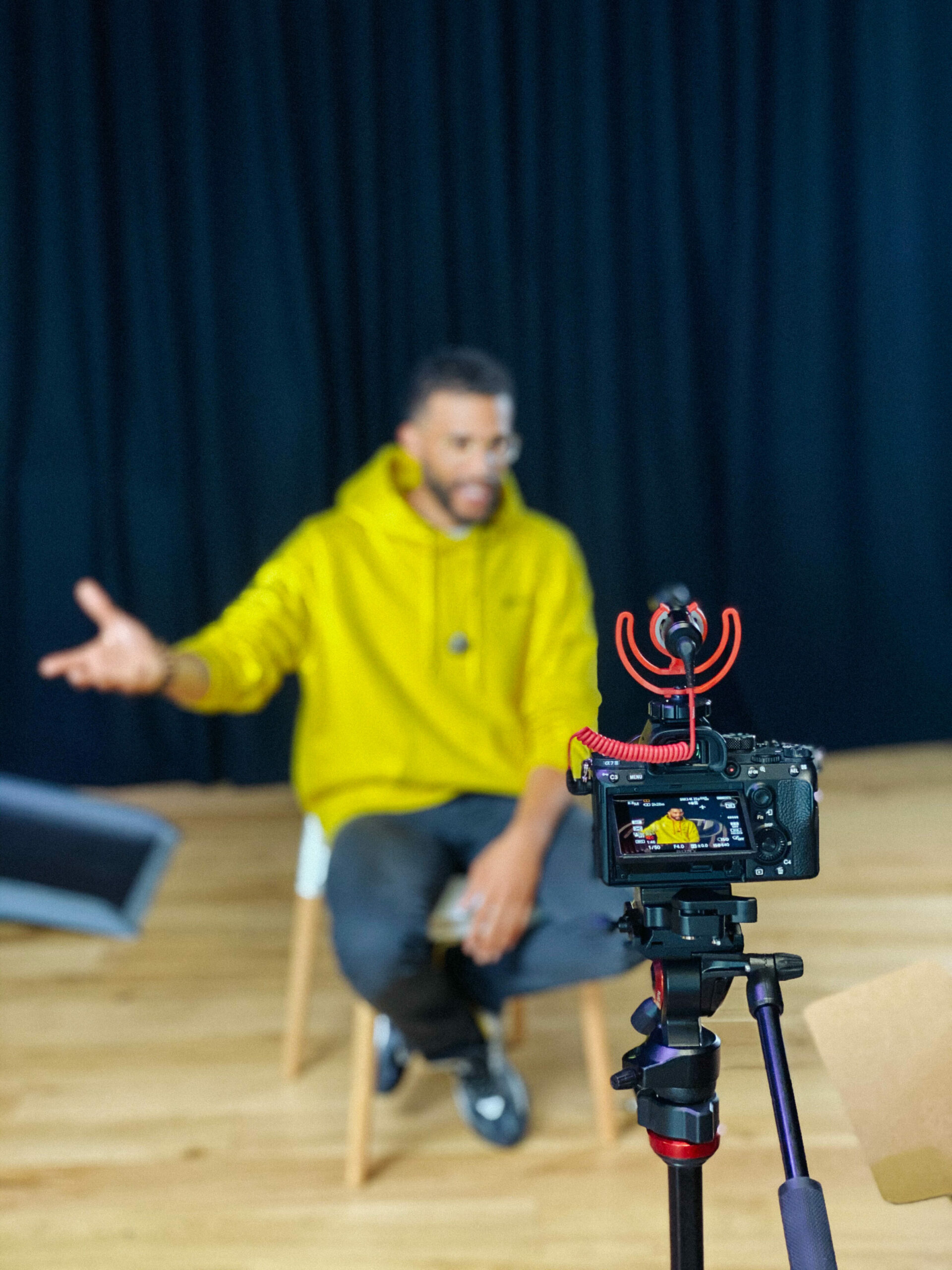Steve Jobs. Alice Bentinck. Jack Dorsey. Elizabeth Holmes. Elon Musk. Sara Blakely. Sheryl Sandberg.
All of these leaders have one thing in common: they have well-established personal brands. Not all of them have personal brands with positive associations, but they are well-known in their own right and don’t shy away from sharing their opinions or personality.
But how can the founders of a startup craft their own brand? How important is it to dedicate time for this? And what happens when a leader becomes embroiled in online exchanges that could do damage to their company’s reputation?
For our latest founders’ meetup, we tackled the topic of personal branding with our member Michael Hudson, founder and CEO of Bitstocks, which is on a mission to improve people’s understanding of Bitcoin and financial services. He was joined about Jack Davies, director at award-winning PR agency Seven Hills. The agency helps mission-led brands communicate their purpose to their audiences.
Here are highlights from the conversation. And if you’d like to attend or speak at our next meetup (which will explore mental health and startup life), register on Eventbrite or contact us on community@plexal.com
How important is it for startup leaders to have a personal brand online?

MICHAEL: For any business leader, communicating a strong, clear message is essential. And I do that by speaking what’s true to me. If what you’re saying comes from a place of truth, then people will resonate with that message.
It’s not always been easy, it took me years to find the confidence to speak the voice that’s always been there.

JACK: In the field of PR and media it’s becoming increasingly important for business leaders to have a version of themselves online. And I’d agree with Michael on the mission-led point. We’re seeing increasing demand for businesses to be more purpose-driven in what they do and say – both online and offline.
A leader can get across the emotional heart of what a brand stands for in a more authentic way than a corporate brand message.
What happens when online interactions get heated or turn toxic? How do you manage the situation so your company’s reputation stays intact?
MICHAEL: I’ve had my share of interactions with keyboard warriors. My main rule of engagement is that I need to gain something intellectually from it. If I’m not going to learn anything from the debate then I shut it down and move on.
What social media has done is made leaders accountable for what they said years ago. Now just because I said something on Twitter five years ago doesn’t mean I hold the same view now, but there’s no denying history because it’s out there. That being said, in today’s media climate the news cycle is so quick that anything you say is likely to be forgotten quickly.
JACK: Generally I say that if you’re going to engage in a bit of tit-for-tat then take it offline as soon as possible. However it’s worth remembering that because as a startup owner you’re trying to pioneer something, you’re going to come up against legacy players and incumbents who might not be happy about what you’re doing. You’re naturally going to ruffle feathers.
Ultimately, it goes back to the discussion around your purpose. As long as the messages you put out on social media are fully aligned to the founding principles of the company then it’s pretty safe territory.
Michael, you’re active on social media. But how have you crafted a content strategy that informs what you say and share?
MICHAEL: 
But social media isn’t just about broadcasting. Many people just use it as an opportunity to shout their opinions at the world, but what I like about it is the interaction.
JACK: I agree, it’s not just a place to communicate your brand position and purpose, but also a great listening tool. Having micro interactions with your target audience is a great way to gain feedback – be that from a customer or your wider network.
To wrap up, Jack can what advice would you give to leaders who are just starting to think about personal branding? And what common pitfalls should they avoid?
JACK: Firstly, if you can’t back something up with action – don’t say it. There were so many brands that were criticised for their response to Black Lives Matter because they came out in support but then didn’t display any tangible action.
The second is be empathetic of your audience’s position – there are countless times when world leaders lack sensitivity and post something trivial like holiday snaps while a natural disaster is occurring. Think before you type.
Thirdly, pick your channels carefully so you don’t get overwhelmed. I’d recommend starting with the channel where most of your core audience is – be that customers, investors or both – and build a profile there to start with.
Finally, be hyper aware of who your audience is. We had a client during the EU referendum who was very passionate and vocal about staying in, but he led a consumer-facing brand and this highly politicised view was not necessarily shared by all of his customers. Being a challenger is a great thing as you come with an alternate view and different opinions but be careful not to completely alienate your audience.
You can connect with Michael on Instagram: @btchudson, Twitter @btchudson or LinkedIn: Michael Hudson
And you can connect with Jack on LinkedIn: Jack Davies


